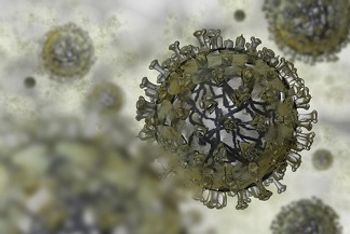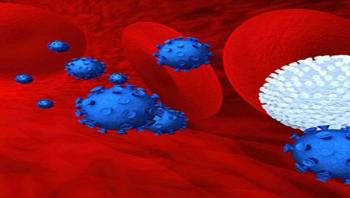
Bug of the Month helps educate readers about existing and emerging pathogens of clinical importance in health care facilities today.

Bug of the Month helps educate readers about existing and emerging pathogens of clinical importance in health care facilities today.

Information for infection preventionists to manage ESBL-producers even while fighting against COVID-19.

How do infection preventionists navigate the many—and often contradictory—requirements that fighting the COVID-19 pandemic has brought upon them?

What do clinicians, infection preventionists, and environmental hygiene personnel do when faced with rare infectious diseases? Matt Pullen, MD, gives ICT® readers a tutorial.

How should health care workers, especially infection preventionists, give constructive criticism in their positions?

Take 5 minutes to catch up on Infection Control Today®’s highlights for the week ending January 6, 2023.

Read about the sterilization process of eye instruments and devices.

Reluctance to receive the influenza vaccine continues despite years-long campaigns to increase vaccination rates. William Schaffner, MD, speaks to ICT® about how health care workers can respond to the most common questions and assure of the vaccine’s safety and efficacy.

Infection Control Today® observes the 34th annual World AIDS Day by speaking to Ambassador Deborah Birx, MD, and looking back at what has been done and what the world still needs to do to fight HIV/AIDS.

A long-time user of sharps tells of his challenges with and gratitude for sharps.

Any decrease in the devastation of Clostridioides difficile is welcomed, but an investigative team brought the numbers down by 50%. See what control measures they used.

Because of negative connotations and stigma associated with the term "monkeypox," WHO will fade out the term and use "mpox" in its place.

A student-led COVID-19 contact-tracer program reduced exposures and infections at start of the pandemic.

Most often, the first place a patient enters a hospital is through the emergency department and sometimes by emergency medical services. Where else to better stop Clostridioides difficile from coming into the hospital than at the entrance?

Saskia v. Popescu, PhD, MPH, MA, CIC, covers updates on health care associated-infections, masking at schools, and Ebola in Uganda and Dengue in Arizona. Read on for all the details.

While treatments are available for hepatitis B virus, no long-term cure has been developed. Progress so far indicates that this core inhibitor candidate is potentially ready for clinical studies.

From safety to infection control, facial recognition in health care facilities is a new tool to keep both patients and staff safe from workplace violence.